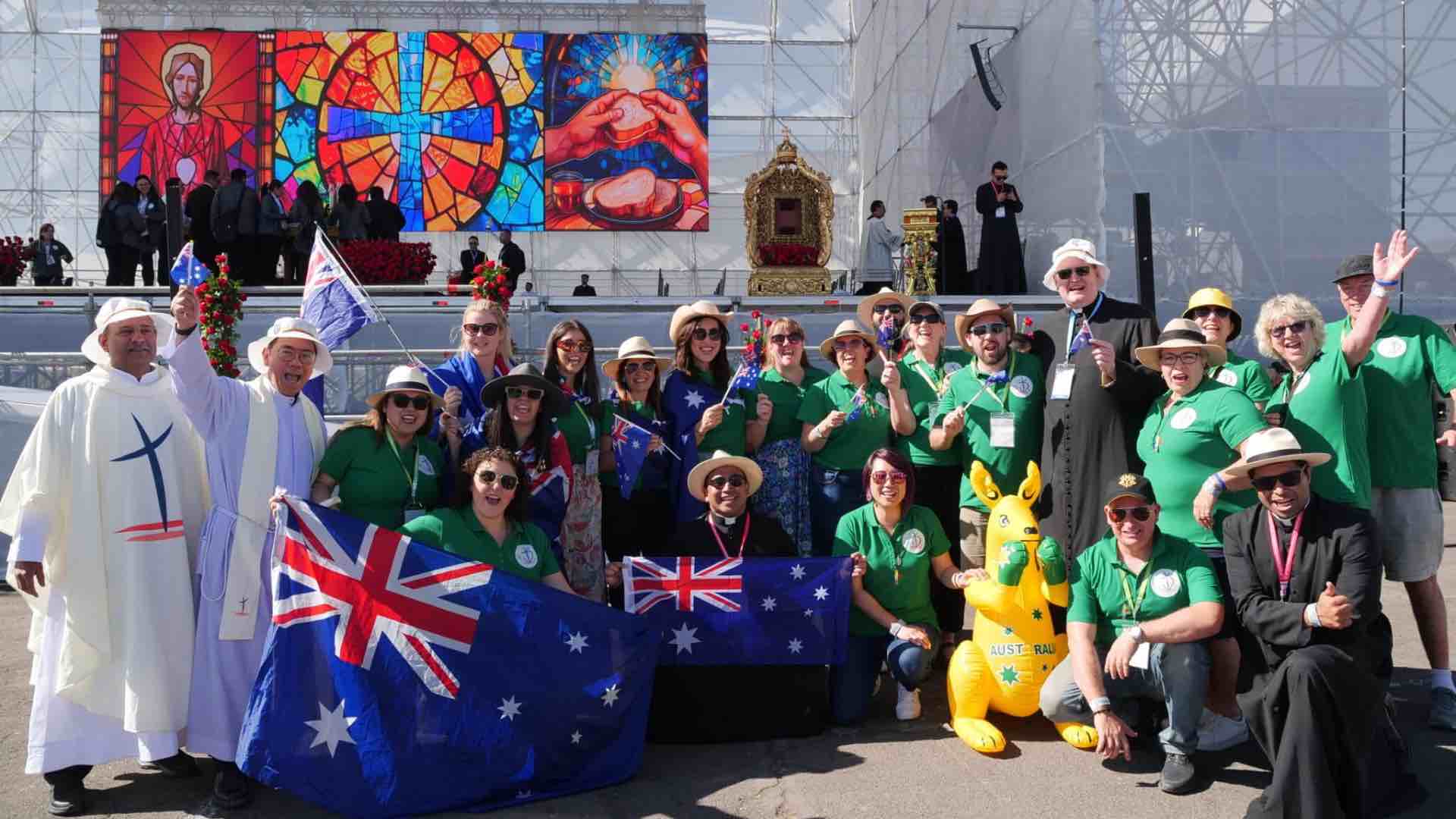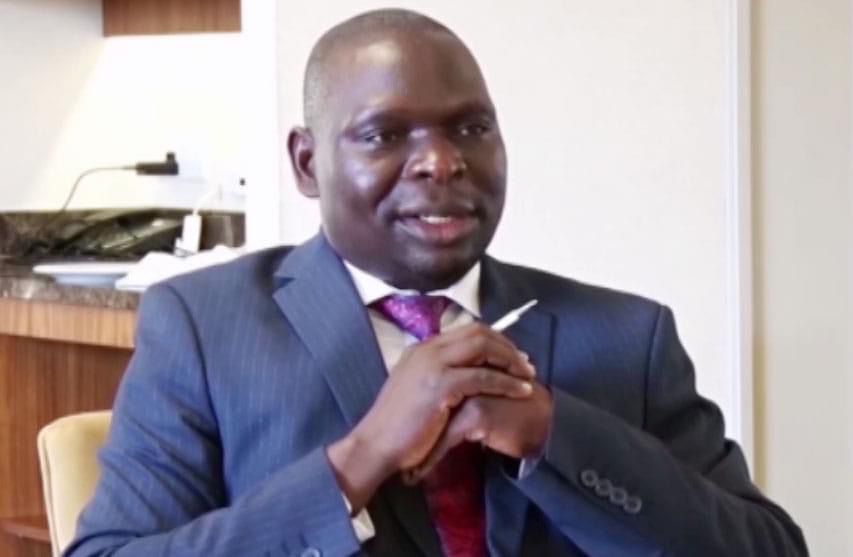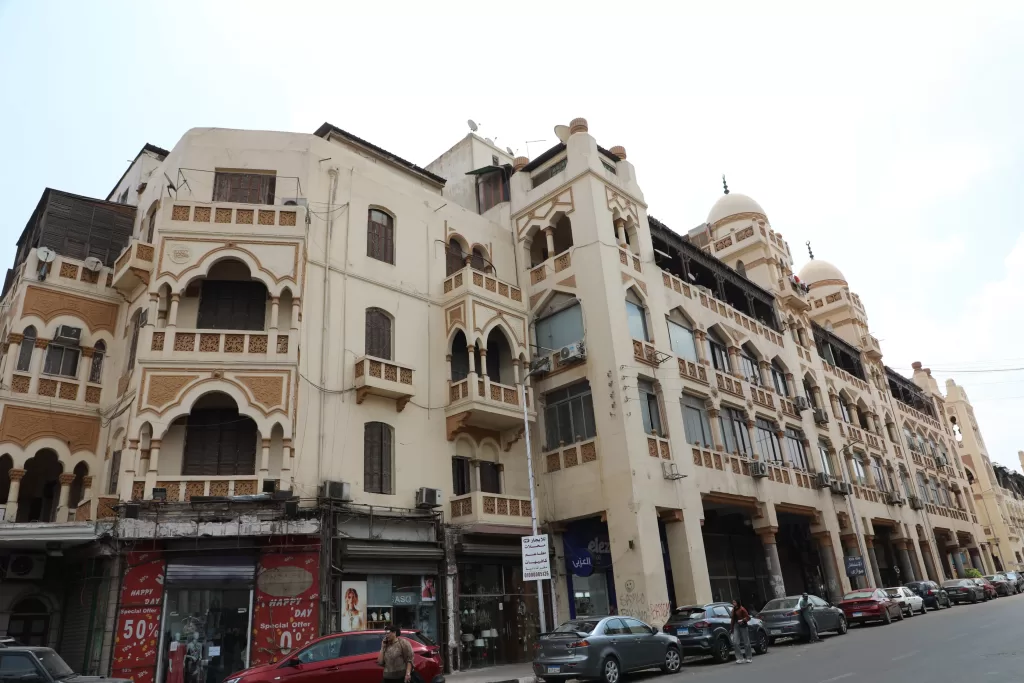Copyright zenit

(ZENIT News / Sidney, 10.28.2025).- When the Archdiocese of Sydney announced the theme chosen by Pope Leo XIV for the 2028 International Eucharistic Congress, it did not come with elaborate slogans or marketing campaigns. It arrived in the form of a simple sentence — one that has echoed across twenty centuries of faith: “This is my body, which will be given up for you.” With those words, Jesus transformed a meal into a mystery, and the Christian story found its center of gravity. Now, that same line will serve as the spiritual and theological foundation for one of the most significant global gatherings of Catholic life — the first International Eucharistic Congress to be held in Australia. Archbishop Anthony Fisher of Sydney, who revealed the theme last week, described it as “a phrase that encapsulates the entirety of Christian history.” He explained that it speaks not only of Christ’s Passion, death, and resurrection, but also of the call to imitate that same pattern of love — a love that offers itself. “These words,” he said, “summon us to the same self-giving that Christ lived and gave us as the measure of discipleship.” For Archbishop Fisher, the resonance of the theme goes far beyond the liturgy. It holds pastoral and social implications, challenging the Church to recover the Eucharist as a force for renewal in every dimension of life. “The richness of this theme will provide endless catechetical opportunities,” he said, “as well as a renewed commitment to priestly and religious vocations, to the sanctity of marriage, and to a more intentional service of the poor and the vulnerable.” The Pope’s choice of theme was confirmed by Father Corrado Maggioni, president of the Pontifical Committee for International Eucharistic Congresses, during a recent visit to Australia. Maggioni emphasized that the phrase was chosen precisely to highlight “the real and tangible sacrifice of Christ — a sacrifice made for love alone.” That idea, he said, is not abstract theology but the beating heart of Christianity. “The sacrifice driven by love is at the very center of Christian faith,” Maggioni explained. “The words ‘This is my body, given for you’ make it clear that we cannot receive his body and remain unchanged. As Saint Paul says in Romans 12:1, we too must offer our bodies as a living sacrifice.” The auxiliary bishop of Sydney, Richard Umbers, who chairs the local organizing committee, expressed the same conviction in simpler terms: “The Eucharist is not what we do for God; it is what Christ does for us. That is why this theme goes to the essence of Catholic faith.” Preparations for the 2028 Congress are already underway, with logistical and pastoral planning stretching across Australia’s dioceses. The event, which will draw thousands of pilgrims from around the world, will include a week of liturgies, catecheses, cultural celebrations, and public witness centered on the mystery of the Eucharist. But organizers are quick to insist that it is not merely a large religious festival. According to Benjamin Galea, the congress’s director of operations, the gathering “will be an opportunity to renew the Church in Australia and to leave a legacy of unity, generosity, and testimony.” For a local Church still healing from decades of secular drift and the wounds of scandal, the Congress is being envisioned not only as a celebration but as an invitation to reimagine faith’s place in public life — beginning with the altar. The first International Eucharistic Congress took place in Lille, France, in 1881, as a response to growing secularism and a desire to reaffirm the centrality of the Eucharist in Catholic life. Over the decades, the Congresses have evolved from devotional assemblies into broad pastoral encounters, blending liturgy, theology, culture, and dialogue. From Dublin to Manila, from Quebec to Budapest, they have become snapshots of a Church in motion — and mirrors of its deepest concerns. The Sydney gathering, scheduled for 2028, will unfold in a world marked by fragmentation, anxiety, and a hunger for meaning. Its chosen theme — the body given — speaks directly into that context. It reminds the faithful that love, in its most authentic form, is not sentiment but surrender. In the end, the message is disarmingly simple. “This is my body, given for you.” In those few words, the mystery of God’s love becomes the measure of what it means to be human — and the horizon toward which the next Eucharistic Congress, and perhaps the Church itself, must walk. Thank you for reading our content. If you would like to receive ZENIT’s daily e-mail news, you can subscribe for free through this link.



